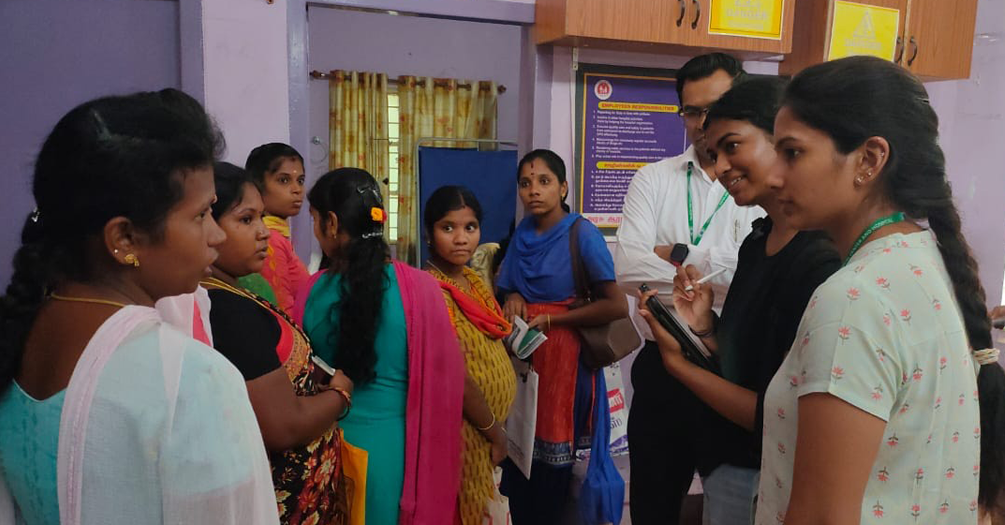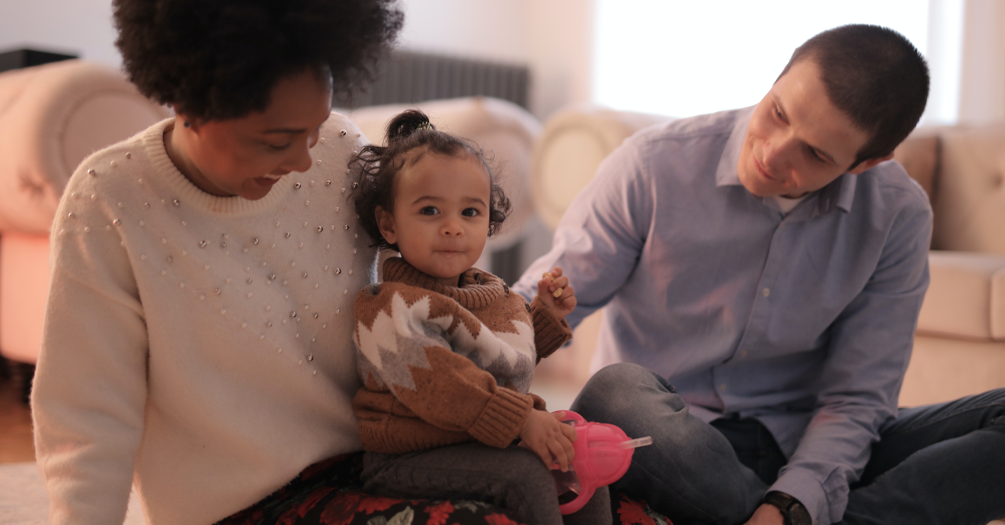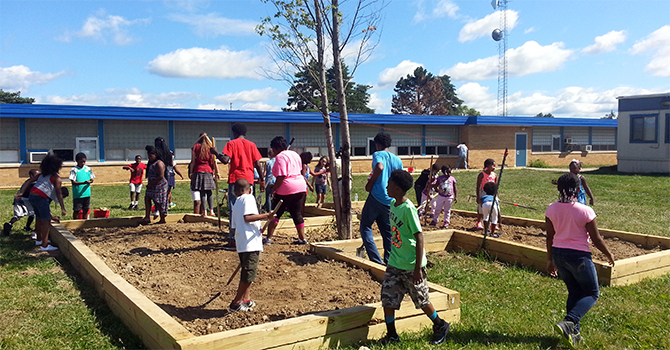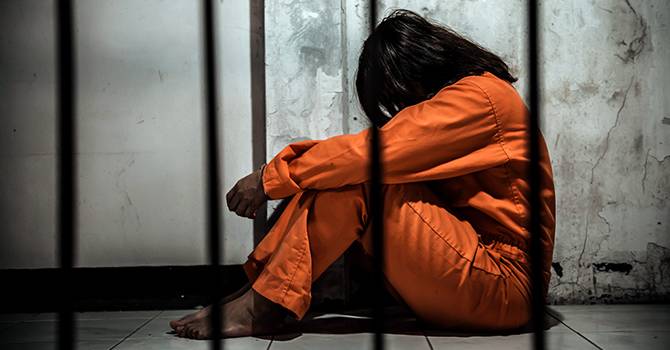
A global health internship and connecting to my culture
Sahana Raja
Bachelor's student Sahana Raja spent her summer at a global public health internship in Tamil Nadu, India, the region where her parents were born. She describes learning about healthcare and poverty, maternal health, and a calling to serve.





